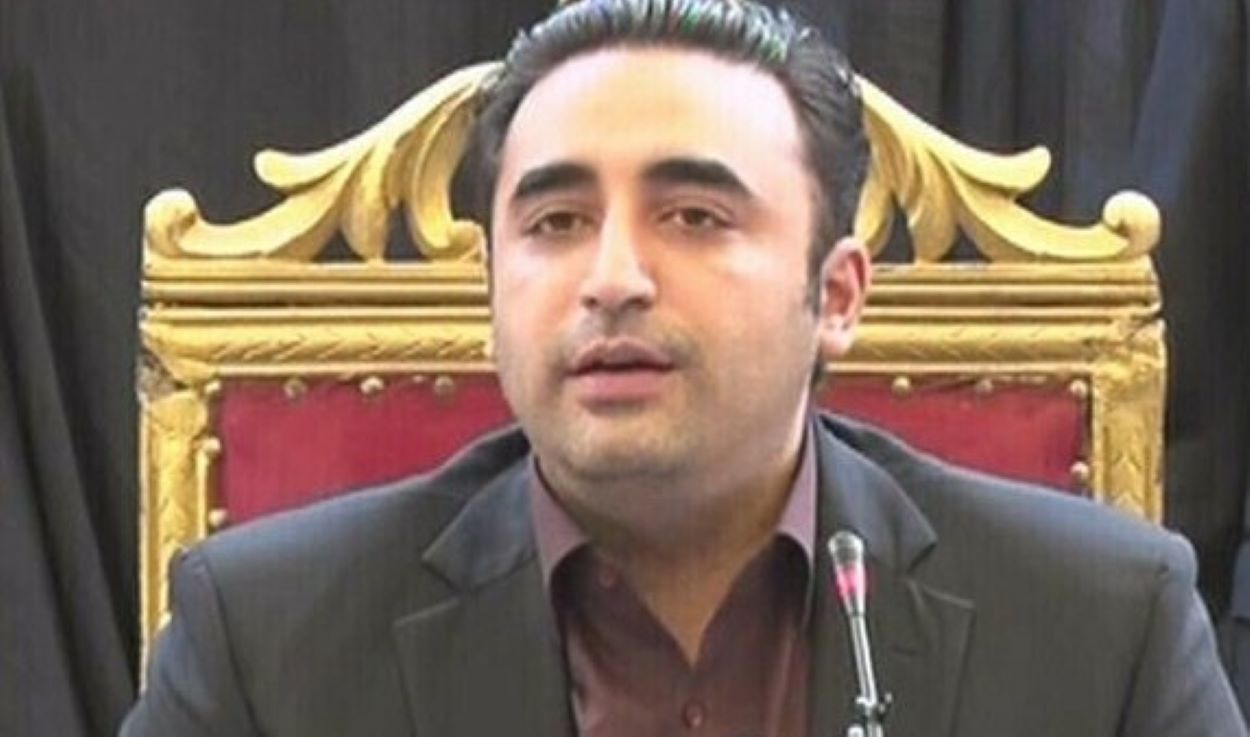Bilawal Bhutto, Chairman of the Pakistan People’s Party (PPP), announced his party’s decision not to join any coalition government. However, the PPP would support the prime ministerial candidate from Pakistan Muslim League-Nawaz (PML-N) but would remain in opposition.
PPP’s declaration came after a two-day Central Executive Committee (CEC) meeting. Bilawal emphasized the PPP’s lack of mandate for forming a government at the Centre and his decision not to pursue the prime ministership.
The political landscape shaped the PPP’s stance, notably Pakistan Tehreek-e-Insaf’s (PTI) refusal to ally with them, leaving PML-N as the sole party extending an invitation to form a government. Earlier discussions among senior PPP leadership, including Bilawal Bhutto and co-Chairman Asif Ali Zardari, leaned towards the opposition, with the majority suggesting that forming a coalition government would be impossible.
The CEC deliberated on respecting the mandate of independent candidates leading in the National Assembly according to the Election Commission of Pakistan’s 2024 results, viewing any push for PPP’s prime ministership as potentially politically detrimental. Despite this, there were suggestions within the committee to negotiate with PTI rather than PML-N, and some members considered joining the government if significant roles, including the premiership, were secured.
In an earlier proposition, PML-N had offered the PPP key constitutional positions—including the presidency, speakership of the National Assembly, and Senate chairmanship—to garner support for government formation in both the Centre and Punjab. These offers aimed at solidifying a coalition, with additional incentives like the Chief Ministership of Balochistan for the PPP, highlighting the intricate negotiations involved in Pakistan’s political alliances.






